Health and Safety
Cultural Adjustment and Stress
Studying abroad is an excellent opportunity for academic and personal growth. Living in a foreign environment can be exhilarating and stressful at the same time. Adjusting to a new place requires flexibility and a willingness to try and fail without fear. While studying abroad, mild physical or psychological disorders, which may be under control at home, can become more serious under the additional stresses of acclimating to a new culture.
If a student has a physical or psychological condition that requires treatment or monitoring by a health care provider, they should consult with their physician or therapist before going to Ireland. For example, if a student is on medication, they should ask their physician about the type of care they may need while abroad and the best way to continue their regimen. Seriously evaluate the potential impact of stress from cultural adjustment and the availability and possible limitations of needed medical care in the new environment.
All students should have a complete physical check-up, have their eyes checked, and take care of any dental problems before they leave.
Health Insurance
All non‐EU students must have health insurance to cover any major medical care necessary during their stay in Ireland, and will be required to show proof of coverage and plan information during their INIS Registration. Students should check with their home institution to see whether they require or recommend specific plans for their students studying abroad. If not, students should check to see whether their current health insurance will cover them when they are abroad (for the duration of their stay). If a student wishes to obtain insurance from one of the health insurance providers in Ireland, please contact Trinity College.
Please note that, while all study abroad students will have access to use the College Health Service and Student Counselling Services during their study at Trinity, access to the Services does not replace health insurance, which students must have in order to cover any major medical care that may be needed during their stay.
Medications
If students need to bring prescribed medication with them, please note that the maximum amount of imported medication permitted is a 3‐month supply that must be cleared through Customs by the Irish Medicines Board. Customs will only clear medication that is licensed for use in Ireland. Medicines differ from country to country and cannot legally be mailed to students from the US. Students should take a doctor’s prescription with them that gives the generic names of the drugs in case they need to consult a local doctor. Students should talk to both their doctor and health insurance provider before going abroad, as insurance policies differ depending on the company and it may be difficult to obtain the necessary amount of prescriptions. Students might also need a certificate to carry the medicines into the country with them, as customs officials can confiscate unlabeled or uncertified drugs. If a student wears contact lenses, they should consider taking extra solution and a special sterilizing unit that can be used overseas, as well as a spare set of lenses or glasses. Contact lens solutions, even those with the same brand name, can differ from country to country. Contact solution, however, is available in Dublin.
Useful information regarding medications can be found here.
College Health Service
The Health Centre is located on campus in House 47. It offers primary health and psychiatric care, including physician consultations and emergency clinics. Most services are free, although some services can incur a small fee.
All full‐time registered students are eligible to use the College Health Service throughout the year. The service offers on-campus primary health and psychiatric care. Students can also avail of specialized clinics in physiotherapy, sexual health care, eating disorders, minor surgery, vaccinations and blood tests. Students can also attend DUBDOC, an out‐of-hours emergency general practitioner service in St. James’s Hospital or the Contactors Medical Bureau, who will send a doctor on request. All services are provided either for free or for a heavily discounted rate to students.
Student Counselling Services
The Student Counselling Service is a confidential, professional service available free of charge to every Trinity student. It offers help in coping with any personal or emotional problems, and offers learning support and development aids. Appointments should be made directly with the Counselling Service. The Counselling Services runs a course ‘Feeling @ Home in TCD’ which is aimed particularly at international students.
Disability Service
The Student Disability Service is the support service for students with disability or special learning difficulties. Students requiring support from Trinity due to the impact of their disability or specific learning difficulty are advised to contact the Service as early as possible to explore what supports can be provided. To find out more, contact the Disability Office and complete the form for incoming international student requests. Please Note: University policies vary country to country, so while Trinity works with every student to accommodate them as best they can, Trinity may not be able to provide exactly the same accommodations as a student's home university (i.e., Irish vs US laws on extended time for student exams).
Seeking Medical Attention
Modern medical facilities and highly-skilled practitioners are available in Ireland. Patients are expected to pay all costs up-front at the time of treatment and apply for reimbursement from their own medical insurance later.
A list of Irish general practitioners in each area of Ireland may be obtained from the website of the Irish College of General Practitioners.
All medical specialists operating in Ireland should be registered with the Irish Medical Council, and students can check the registration details here.
Safety in Dublin
Ireland is in the top ten for safest countries in the world, and also known for being one of the most welcoming and friendly countries. Although it is a very safe place to live, students must remember that — as in any large city — they should be vigilant and take normal precautions. Avoid leaving a bag open while walking down the street, do not leave things unattended in a shop or at the library, do not walk home alone late at night, and trust instincts. When in doubt, students should ask the Trinity Study Abroad Team and play it safe!
If a student does need to contact emergency services:
- Please feel free to always reach out to Trinity's Study Abroad Team, who are there to support students and cannot help them unless they know there is something wrong!
- If a student experiences an emergency on campus, they can contact the 24 hour Security Centre at 01 896 1317. The emergency number is 01 896 1999.
- If a student needs to report an emergency (including: a danger to life, risk of serious injury, crime in progress or about to happen, offender still at scene or has just left), call 999 or 112 to contact the Garda, Ireland’s National Police Service.
Emergency Services in Ireland
- For Emergency Police, Fire, Ambulance call: 112 or 999
- Emergency health services in Ireland
- Hospitals in Ireland
- Find your nearest General Practitioner/Hospital/Health care service in Ireland
US Embassy Emergency Service
- Telephone: (+353) 1 668-8777
- Website
U.S. Embassy in Dublin
42 Elgin Road
Ballsbridge
Dublin 4
Phone: (+353) 1 668-8777
Website











